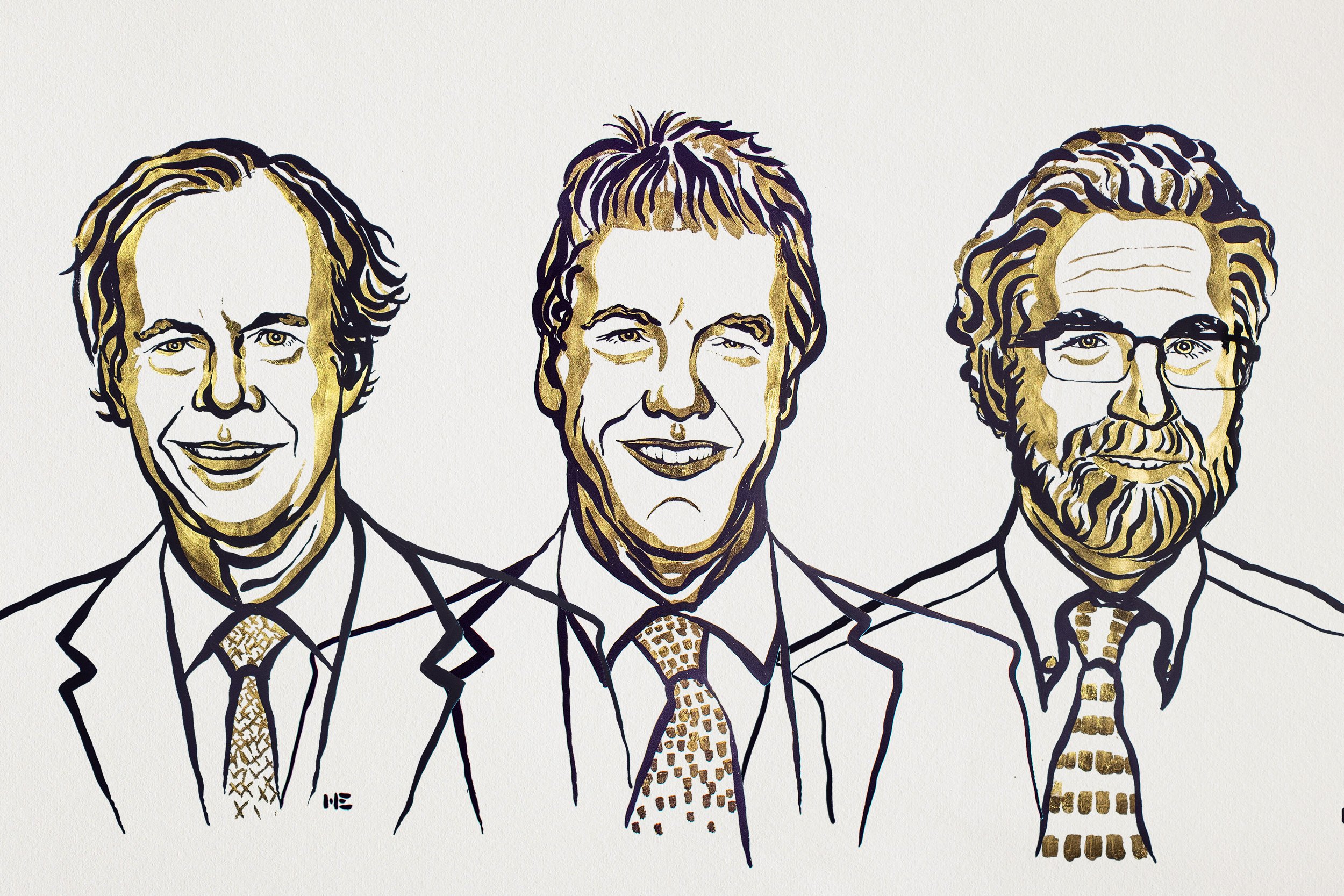2019 Nobel Prizes announced this week, including award for medicine
|
The 2019 Nobel Prize in Physiology or Medicine was awarded on Monday, October 7. The award went to William G. Kaelin Jr., Sir Peter J. Ratcliffe, and Gregg L. Semenza for their pioneering research into how cells adapt to changing oxygen levels in our environment and bodies. According to the Nobel committee, "The seminal discoveries by this year’s Nobel Laureates revealed the mechanism for one of life’s most essential adaptive processes. They established the basis for our understanding of how oxygen levels affect cellular metabolism and physiological function." |
More posts like this |
A brief history of the Nobel Prize
Alfred Nobel (1833-1896) was born in Stockholm, Sweden. In his will, Nobel left the bulk of his fortune to found a series of prizes in physics, chemistry, physiology or medicine, literature, and peace. Since the first awards in 1901, the Nobel Prize has become an international symbol of human achievement.
Between 1901 and 2018, Nobel prizes were awarded 590 times. The prize in physiology or medicine has been awarded 109 times to 219 Laureates. The youngest Nobel Laureate in medicine was Frederic Banting, age 32, in 1923. Banting won for discovering insulin and shared his award with John James Rickard Macleod.
The 2019 Nobel Prize in Physiology or Medicine
This year, Dr. Kaelin, Sir Ratcliffe and Dr. Semenza share the Nobel Prize for medicine because of their work on how cells sense and respond to oxygen availability.
Our cells adapt when we're exposed to different oxygen environments (at the top of a mountain, for example) and to changing oxygen levels in our tissue (such as when we exert ourselves by running). Certain types of cancer can also impact oxygen levels in our cells. Understanding our cells' complex process of sensing and adapting to oxygen fluctuation can lead to new cancer therapies. Other potential treatment applications include anemia and strokes.
Watch the announcement of the Nobel Prize in Physiology or Medicine to learn more.
The remaining Nobel Prizes — for physics, chemistry, literature, and peace — will be announced throughout the week of October 6.
